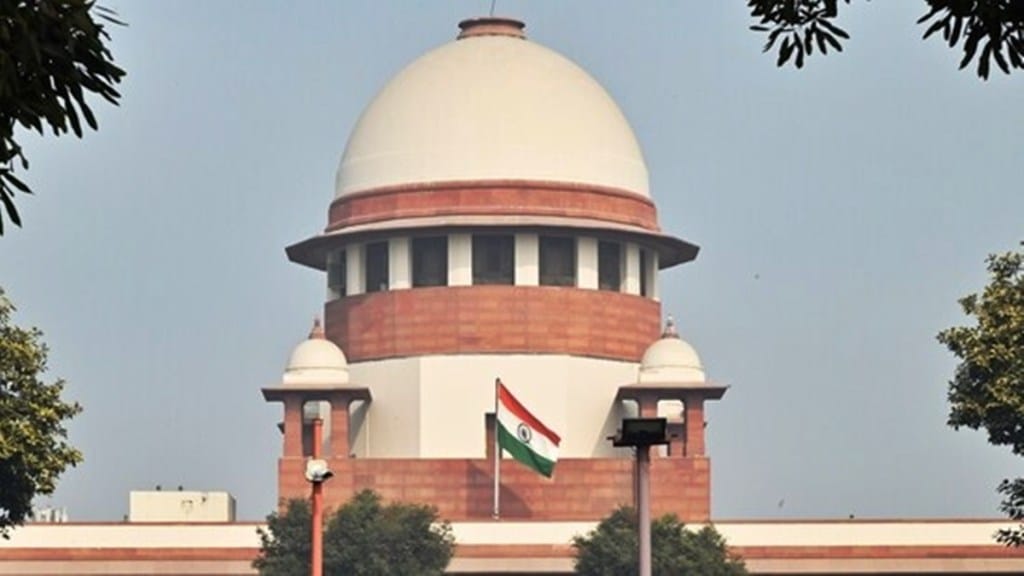The Supreme Court on Tuesday questioned if the size of the apology Patanjali Ayurved published in newspapers was similar to full-page advertisements for its products while hearing the misleading ads case against them.
A division bench of Justices Hima Kohli and Ahsanuddin Amanullah was hearing a contempt case against Patanjali Ayurved, its Managing Director Acharya Balkrishna, and co-founder Baba Ramdev for disseminating misleading medical advertisements, contravening a commitment made to the Supreme Court in November last year.
On Monday, Patanjali Ayurved issued apologies in select newspapers for the “error in publishing advertisements and conducting a press conference despite assurances from our legal representatives in the apex court.” Senior Advocate Mukul Rohatgi, representing Patanjali, informed the bench about these advertisements, with both Ramdev and Balkrishna personally appearing in court.
Justice Kohli questioned whether the size of the apology matched that of Patanjali’s usual advertisements. Rohatgi responded, stating that the apology, published in 67 newspapers, incurred significant expenses. “Is the apology the same size as your advertisements?” he said. “It costs tens of lakhs,” Rohatgi responded, adding that the apology was published in 67 newspapers, Live Law reported.
The bench adjourned the hearing till April 30, requesting Patanjali’s legal team to provide actual newspaper clippings of the apology ads, highlighting the importance of transparency. Justice Kohli stressed the need for authenticity.
“Cut the actual newspaper clippings and keep them handy. For you to photocopy by enlarging, it may not impress us. We want to see the actual size of the ad. When you issue an apology, it does not mean that we have to see it through a microscope,” Justice Kohli said.
The bench also requested clarification from the Union Government concerning a letter issued by the AYUSH Ministry instructing states to abstain from penalizing the advertisement of AYUSH products, citing Rule 170 of the Drugs and Cosmetics Rules, 1945.
Furthermore, the bench highlighted concerns regarding the conduct of the petitioner, the Indian Medical Association (IMA), noting allegations of unethical behaviour among doctors who are members of the association. Consequently, the bench directed the inclusion of the Indian Medical Association as a party to the case, stressing the importance of accountability within the medical fraternity.
Previously, the Court had rejected the affidavits of apology submitted by Patanjali and Ramdev, citing their lack of unequivocal and unconditional nature. During the preceding session, both Ramdev and Balkrishna personally expressed their apologies to the Supreme Court following extensive questioning by the bench.
During the hearing on April 10, the Court strongly criticized the authorities in Uttarakhand for their failure to take action against Patanjali under the Drugs and Magic Remedies (Objectionable Advertisements) Act 1954. Additionally, the Court reprimanded the Union Government for its inaction regarding the COVID-19 cure claims made by Patanjali’s “Coronil” product during the pandemic.

